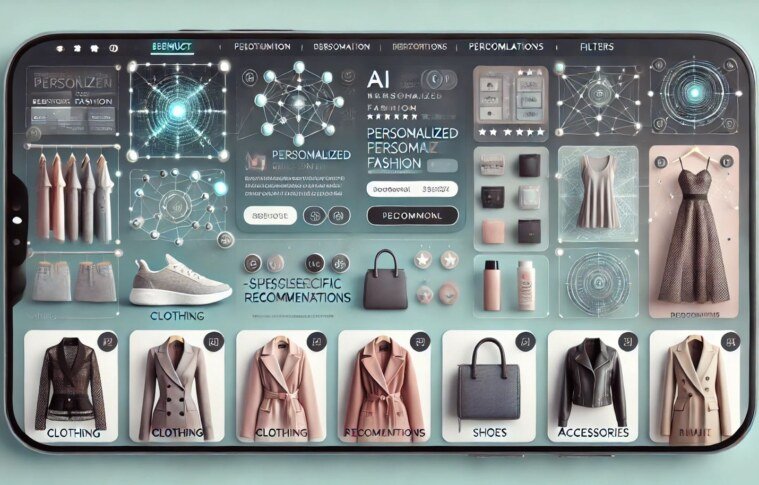The Challenge:
StyleTech Retail is a global fashion retailer with a large customer base, spanning various demographics and regions. Despite a strong online presence, they faced challenges in effectively personalizing the shopping experience for each customer. The company noticed a significant drop-off in conversion rates after customers browsed but did not purchase, often abandoning their carts. Additionally, general promotions weren’t resonating with all segments of their customer base, leading to inefficient use of marketing budgets and missed sales opportunities.
The AI-Powered Solution:
To address these challenges, StyleTech Retail turned to Artificial Intelligence to implement a hyper-personalization strategy. The solution was based on leveraging advanced machine learning algorithms and predictive analytics to offer tailored shopping experiences for each individual. Here’s how they executed it:
- Data Collection and Integration:
- StyleTech integrated data from multiple touchpoints, including website interactions, social media, purchase history, and customer preferences. This provided a rich data pool to inform AI models.
- The company combined structured data (e.g., past purchases, browsing behavior) with unstructured data (e.g., customer reviews, social media engagement) to gain a fuller picture of customer preferences.
- AI-Powered Product Recommendations:
- By using collaborative filtering and deep learning models, StyleTech developed a dynamic recommendation engine. This engine was capable of suggesting items in real-time based on past behavior, similar customers’ choices, and even local fashion trends.
- Personalized recommendations were integrated into the homepage, emails, and even the mobile app, offering customers items they were most likely to purchase.
- Predictive Analytics for Demand Forecasting:
- AI models were deployed to predict trends, allowing the company to forecast which items would be in demand in different regions and customer segments. This helped optimize inventory levels and reduce overstocking, while ensuring high-demand products were readily available.
- Dynamic Pricing:
- To drive conversions, StyleTech implemented AI-driven dynamic pricing that adjusted based on factors such as demand fluctuations, inventory levels, and competitor pricing. Customers who viewed an item repeatedly were offered special discounts tailored to their price sensitivity.
- Sentiment Analysis for Targeted Marketing:
- The company used natural language processing (NLP) to analyze customer reviews and social media content, identifying trends in sentiment and feedback. This data was used to craft targeted marketing campaigns that resonated with specific customer groups.
Results:
- Increased Conversion Rates: AI-powered recommendations led to a 35% increase in conversion rates, as customers were more likely to purchase products they felt were relevant to their preferences.
- Sales Growth: Hyper-personalized shopping experiences boosted overall sales by 22% within the first quarter of implementation.
- Customer Retention: AI-driven personalization contributed to a 40% increase in customer retention, as shoppers felt more understood and valued by the brand.
- Reduced Cart Abandonment: The predictive AI models, which offered dynamic discounts and reminders, helped reduce cart abandonment rates by 30%.
- Improved Operational Efficiency: AI-driven demand forecasting and inventory management led to a 15% reduction in inventory costs by reducing overstocking and markdowns.
Conclusion:
By leveraging AI to personalize the shopping experience, StyleTech Retail successfully increased its conversion rates, enhanced customer satisfaction, and boosted sales. The integration of AI not only helped streamline operations but also allowed the company to stay ahead in an increasingly competitive retail environment. Hyper-personalization became a key differentiator, enabling StyleTech to connect with customers on a deeper level and deliver relevant shopping experiences at scale.



